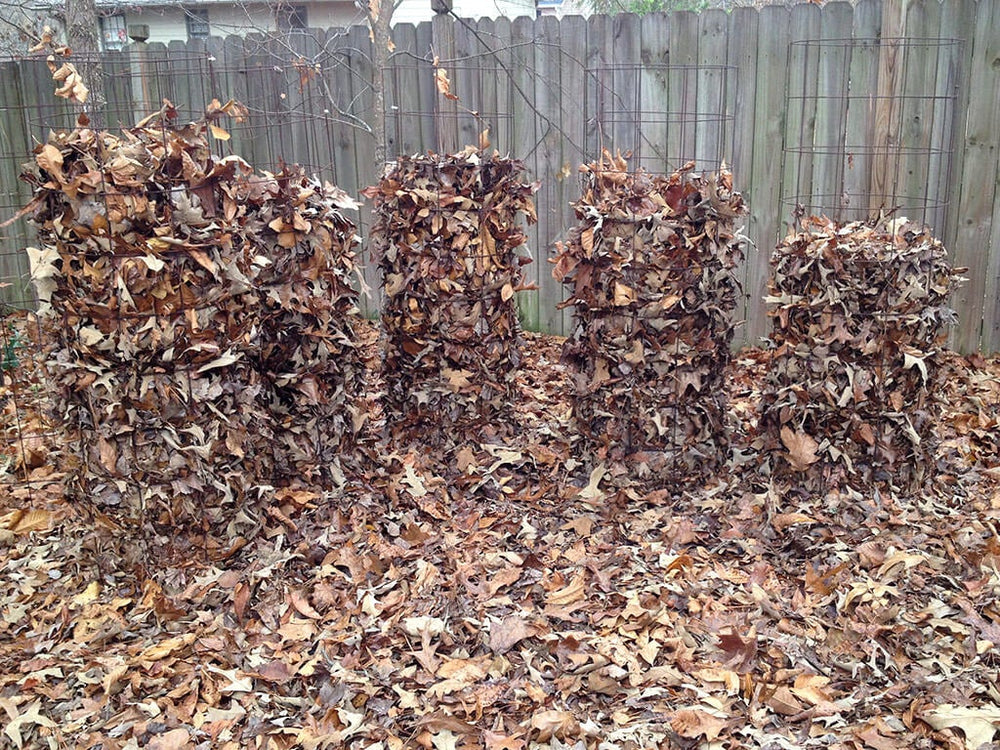
I began gardening around six years ago, and at first I attempted to use store-bought tomato cages. I tried several types, ranging from cheap to expensive, but my Bonnie tomatoes always outgrew them. Often, the cage would simply fall over under the mass and weight of the plant, and I'd be left trying to stake the cage in order to keep both it and the tomato plant upright—which pretty much defeated the original purpose of the cage.
Finally, a friend gave me a large roll of steel remesh (think sturdy wire mesh) and suggested that I create my own heavy-duty tomato cages by forming pieces of it into circles and securing them with zip ties. I did, and they've worked great, keeping my coveted tomato plants upright and supported throughout the growing season.
This fall, as I was cleaning up the garden in preparation for winter, I began to wonder if there was a cold weather use for tomato cages, instead of trying to find a place to store them. At last it hit me: Why not use them to store the huge bounty of leaves that has been collecting in my yard? In the cages, the leaves would begin the decomposition process and eventually become something I could use to improve the soil in my garden.

It's pretty cool when you think about it: In different ways, these cages will support an abundant harvest of tomatoes throughout the entire year. Not bad for a little second-hand remesh.
By Byron Ford, Bonnie Plants' Web Producer.
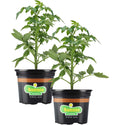
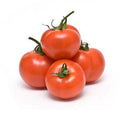


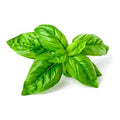 Herbs
Herbs
 Vegetables
Vegetables
 Fruit
Fruit
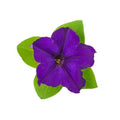 Flowers
Flowers
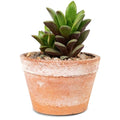 Succulents
Succulents
